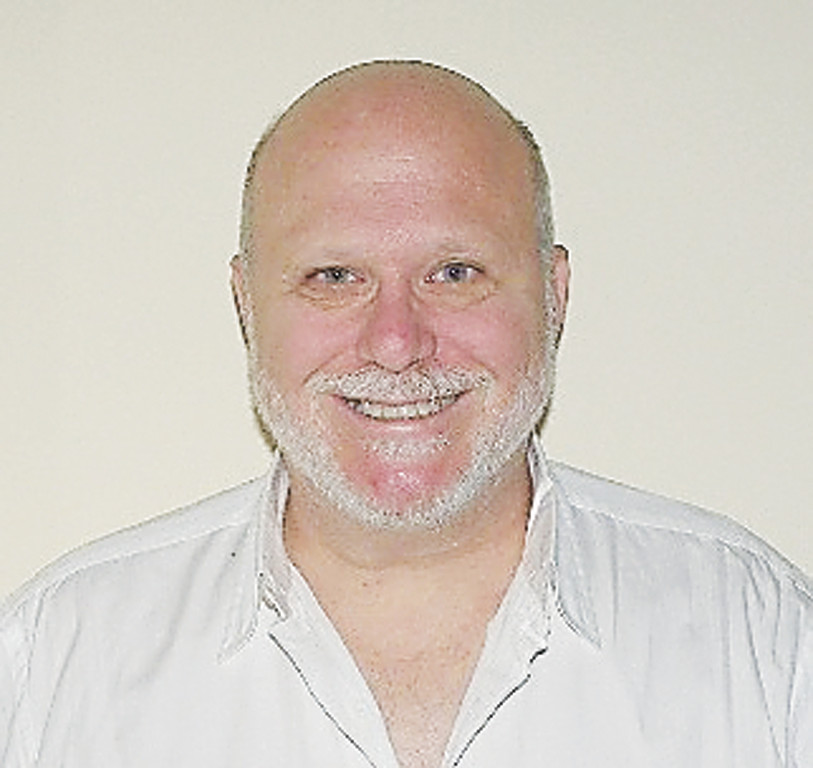Freedom-loving whistleblowers do not flee to repressive regimes
The government programs that Edward Snowden revealed were wrong — Verizon Wiretapping and PRIZM — go against the founders’ intent and, I believe, if taken to the Supreme Court would be struck down.
But the appropriateness of the surveillance on the general public, and the legal/moral issues of Snowden’s using the press to share them with the world are two completely separate issues.
Snowden is not a hero whistleblower but a criminal leaker of secrets. If Snowden wanted to be a whistleblower he would have gone to someone like Senators Rand Paul or Ted Cruz with the information. As libertarians they would have run with the it without leaking the details. Less than four months ago, Senator Paul stood before the Senate executing an old fashioned filibuster for 13 hours because of Fourth Amendment concerns regarding the drone program; even now, Paul is one of Snowden’s biggest supporters. If Paul or Cruz didn’t help him out, then he could consider a more public way.
Snowden’s behavior since he gave his information to the Guardian casts suspicion on his motives.
Last week, Snowden revealed a practice that would surprise only the most naïve. Foreign politicians and officials who took part in two G20 summit meetings in London in 2009 had their computers monitored and their phone calls intercepted. Some delegates were tricked into using Internet cafes that had been set up by British intelligence agencies to read their email traffic. Additionally, the U.S. was spying on then-Russian President Mevedev. While the revelation is no surprise, the public disclosure provides current Russian President Putin new leverage in his negotiations with the United States.
What is also probably true (although there is no leak on the other side), is that foreign intelligence services were spying on the American and other western delegations.
The only thing that revelation proved is that Snowden isn’t really a whistle blower-- the only reason to release that information is to embarrass the U.S. and to gain his 15-minutes of fame.
His next moves were outlined by Wikileaks, which was used by Private Bradley Manning as his vehicle for leaking secrets:
“Mr. Edward Snowden, the American whistleblower who exposed evidence of a global surveillance regime conducted by U.S. and UK intelligence agencies, has left Hong Kong legally. He is bound for the Republic of Ecuador via a safe route for the purposes of asylum, and is being escorted by diplomats and legal advisors from WikiLeaks.
“Mr. Snowden requested that WikiLeaks use its legal expertise and experience to secure his safety. Once Mr. Snowden arrives in Ecuador his request will be formally processed.
Former Spanish Judge Mr. Baltasar Garzon, legal director of Wikileaks and lawyer for Julian Assange. made the following statement:
“The WikiLeaks legal team and I are interested in preserving Mr. Snowden’s rights and protecting him as a person. What is being done to Mr. Snowden and to Mr. Julian Assange - for making or facilitating disclosures in the public interest - is an assault against the people.”
What is being done to Snowden and to Assange? Snowden released American secrets, Julian Assange is hiding out because he is under indictment for having raped women. How are their legal plights the same?
His tour of repressive countries is another indication Snowden isn’t the freedom-loving whistleblower that some describe. His first stop was Hong Kong, a territory that takes its orders from China. Last Sunday, when he left for Russia, he gave China three computers (I am sure those computers didn’t have blank hard drives).
He left for Russia, which is no longer the Soviet Union but almost as repressive.
Russian officials said Snowden would remain in the transit area of the Moscow airport until Monday, when he is scheduled to fly to Havana, another repressive country, and then to Ecuador, the country he’s asked for asylum.
Ecuador is a democracy in name only. Its leftist government recently passed a bill restraining press freedom, prohibiting so-called “media lynching” (the publication of information that is “generated in a concerted manner and published repeatedly in one or more media with the objective of smearing a person or harming their public credibility), empowers the government to impose sanctions on the media, and most importantly, the bill asserts that it is a crime for a journalist to undermine “the security of the State.”
In other words, Ecuador has outlawed the acts which made Edward Snowden famous.
Ecuador is no friend of the United States, and will probably grant him asylum, the same way they are harboring Julian Assange, who is hiding out in the Ecuadorian embassy in Britain to avoid rape charges.
With his travel plans, Snowden adds to the case that he never intended to be a whistleblower. Freedom-loving whistleblowers protesting big government spying on the public do not flee to China, then to Russia, and end up in news-media hating Ecuador. And they do not do it with the help of a man using “freedom of the press” as a subterfuge to avoid rape charges.
While at this writing it seems unlikely, Snowden should be returned to the U.S. for prosecution. At the same time, pressure should be placed on Congress to investigate and possibly overturn the programs he exposed.
Jeff Dunetz is the Editor/Publisher of the political blog “The Lid” (www.jeffdunetz.com). Jeff contributes to some of the largest political sites on the internet including American Thinker, Big Government, Big Journalism, NewsReal and Pajama’s Media, and has been a guest on national radio shows including G. Gordon Liddy, Tammy Bruce and Glenn Beck. Jeff lives in Long Island.

 51.0°,
Light Rain
51.0°,
Light Rain 




